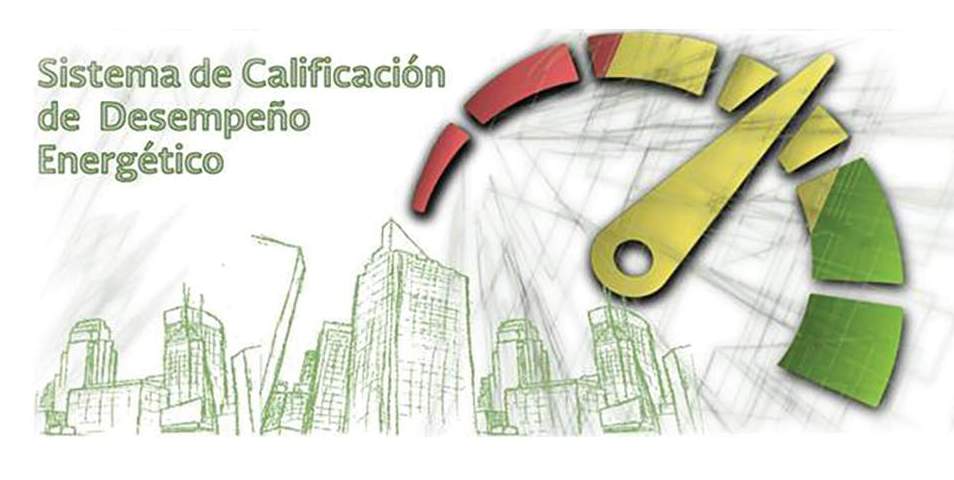Mexico – Four years of cooperation with CONUEE and GIZ

Between January 2011 and March 2015, Energy-Strategies cooperated with the Project ‘Energía Sustentable en la Edificación de México‘, advising the Mexican National Commission for the Efficient Use of Energy (CONUEE) and other stakeholders related to energy efficiency in the Mexican buildings sector.
The Project ‘Energía Sustentable en la Edificación de México‘ is executed by a consortium of the consulting firms GOPA and INTEGRATION on behalf of the Programme ‘Energía Sustentable en México‘ of the German Agency for International Cooperation (GIZ). The principal partner of the project is the Mexican National Commission for the Efficient Use of Energy (CONUEE). Another important stakeholder is the National Institute of Ecology and Climate Change (INECC).
Energy-Strategies contributed to the Project by providing the following services:
1) An international review of energy efficiency, quality and environmental standards for self-ballasted Compact Fluorescent household lamps and their potential application in the Mexican market. This desk study was carried out in early 2011 and included a review of EU, US and other national standards, as well as national and international voluntary specifications like those of Energy Star®, PROCEL and the “Efficient Lighting Initiative (ELI)” (download).
2) Advise on the development of an Energy Efficiency Benchmarking system for all Federal Public Buildings in Mexico.
The benchmarking model was first developed for office buildings owned by the Federal Public Administration (APF), based on a statistical analysis of the APF database of CONUEE, following the respective model applied in the US Energy Star® Portfolio Manager. The model allows comparisons of buildings of the same type, locations and conditions of operation, taking into consideration variables which resulted significant from the statistical analysis, in particular: the floor area, the number of persons working in the building, the number of computers, the cooling and heating degree-days, the location and the presence and capacity of air conditioning.
Following its validation by US EPA and Natural Resources Canada and its successful implementation for offices, corresponding models were also developed for other types of public buildings, in particular: schools, medical centres and hotels.
Between 2012 and 2015, Energy-Strategies coordinated and supervised this activity, which has been carried out by staff of CONUEE, INECC and local consultants. The benchmarking model was presented to the interested public in July 2015 and can be accessed at CONUEE’s website. It allows building administrators to evaluate the energy performance of their buildings and to apply for a recognition if the building is among the 25% best performing in its category and satisfies other minimum requirements, like the compliance with the Mexican minimum energy performance standards for non-residential buildings. CONUEE and INECC are considering to implement a dedicated web portal and to employ the model also for commercial buildings.
3) Study on the penetration and characteristics of air conditioning in the Mexican social housing sector: Since 2014, Energy-Strategies coordinated and supervised this study, which has been carried out by a team of local consultants for CONUEE. The study was developed in three phases: (i) definition of the analytical framework, data collection and validation, (ii) determination of the current penetration of air conditioners in the residential sector, in particular social housing, and (iii) estimation of the future penetration.
The penetration of air conditioners was determined based on a statistical model, which relates the probability of ownership of air conditioners to economic and climatic factors. Based on this model, it was found that almost 75% of all social dwellings own an air conditioner. Finally, the future penetration was determined by the extrapolation of past trends, taking into consideration probable changes in building standards, tariffs and of the ambient temperature due to climate change.
The study and its annexes can be downloaded at CONUEE’s website.
CONUEE and GIZ currently consider to develop an energy certification and labelling scheme for public and commercial building.
For more information contact Angelika Stöcklein, Dr. Salvador Rodriguez and Albert Beele of the Project ‘Energía Sustentable en la Edificación de México‘ or Wolfgang F. Lutz, Director of Energy-Strategies.
September 2015
